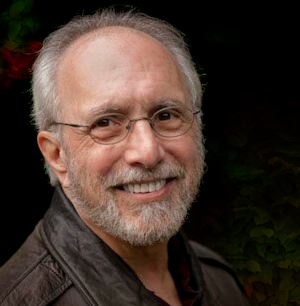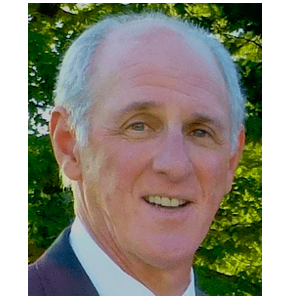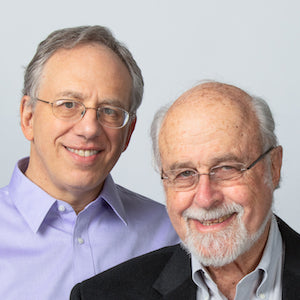You Are Not Your Genetics with Kenneth Pelletier, M.D.
Product Tags
- 23andMe
- Arivale
- biome test
- biomic chemistry
- complete blood chemistry
- diet
- disease management industry
- DNAFit
- Dr. Leroy Hood
- epigenetics
- exercise
- genetic profile
- Health & Healing
- health assays
- health enhancement system
- Human Genome Project
- individualized medicine
- interval training
- intestinal test
- intestinal tract biochemistry
- Kenneth Pelletier
- Mediterranean diet
- nutrigenomics
- science
- stress
- telomere
- Thorne nutraceutical









